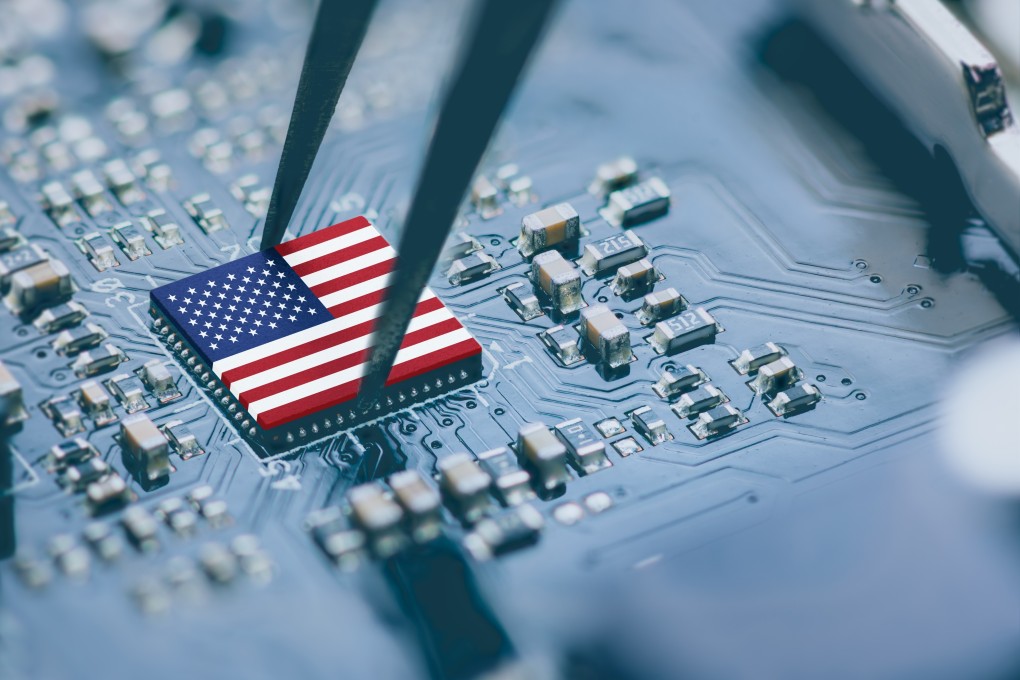Tech war: China’s attacks on US Chips Act continue, although Beijing has few countermeasures, analysts say
- The Chips Act will disrupt semiconductor cooperation and investment between China and the US, and hurt the interests of global chip companies, the CCPIT says
- China relies heavily on imported technologies for chip design and manufacturing, making it hard for the country to make technological breakthroughs on it own

China’s attacks on the US Chips and Science Act, which offers subsidies of up to US$53 billion for semiconductor investments on American soil, continued this week, but observers say Beijing has few options in terms of realistic countermeasures.
State-backed trade groups, including the China Council for the Promotion of International Trade (CCPIT) and China Chamber of International Commerce, have joined the chorus of Chinese state media and government voices in condemning the Chips Act.
The new law will disrupt “normal” semiconductor cooperation and investment between China and the US, hurt the interests of global chip companies – including American ones, undermine the global semiconductor supply chain, and intensify geopolitical risks, CCPIT spokesman Sun Xiao said in a press conference on Monday.
Separately, Li Yong, who heads an expert committee at the China Association of International Trade, called the US law a form of “semiconductor hegemony”, in an interview with Xinhua on Tuesday. Li said clauses which prevent US subsidy recipients from using funding to expand advanced semiconductor manufacturing in countries such as China were “poisonous”.
The Chips Act would reduce China’s overall silicon capacity by 180,000 12-inch wafers a month by 2025, according to a research note from Shanghai-based ICWise, a semiconductor consulting firm.